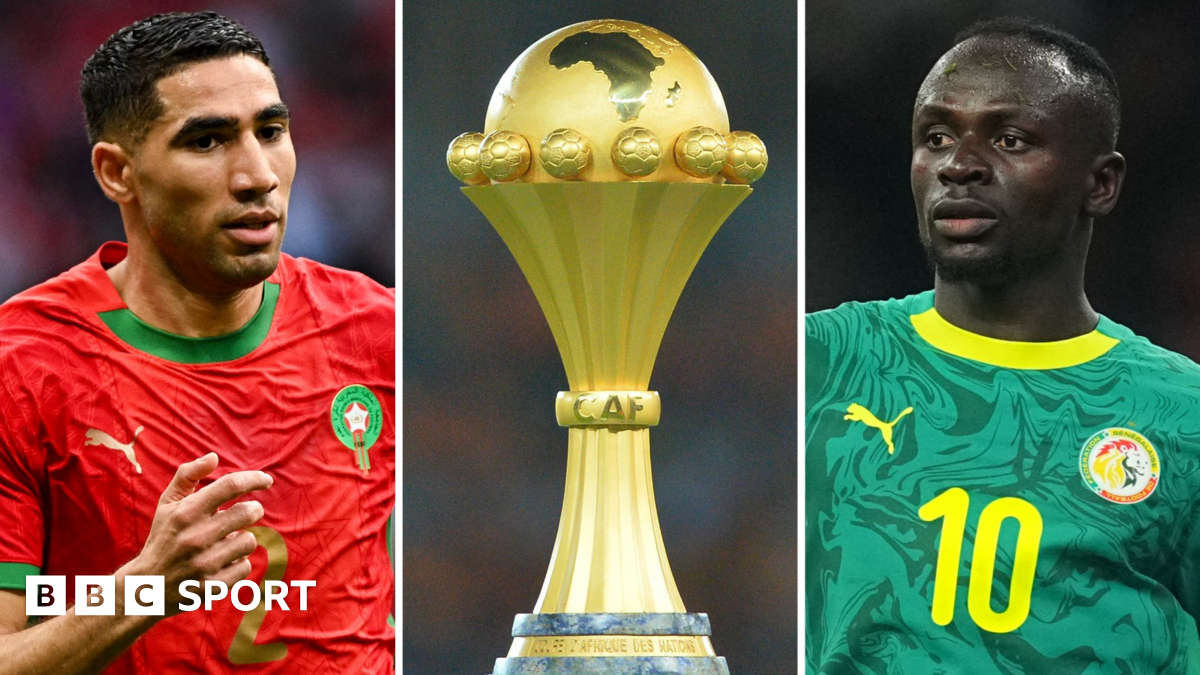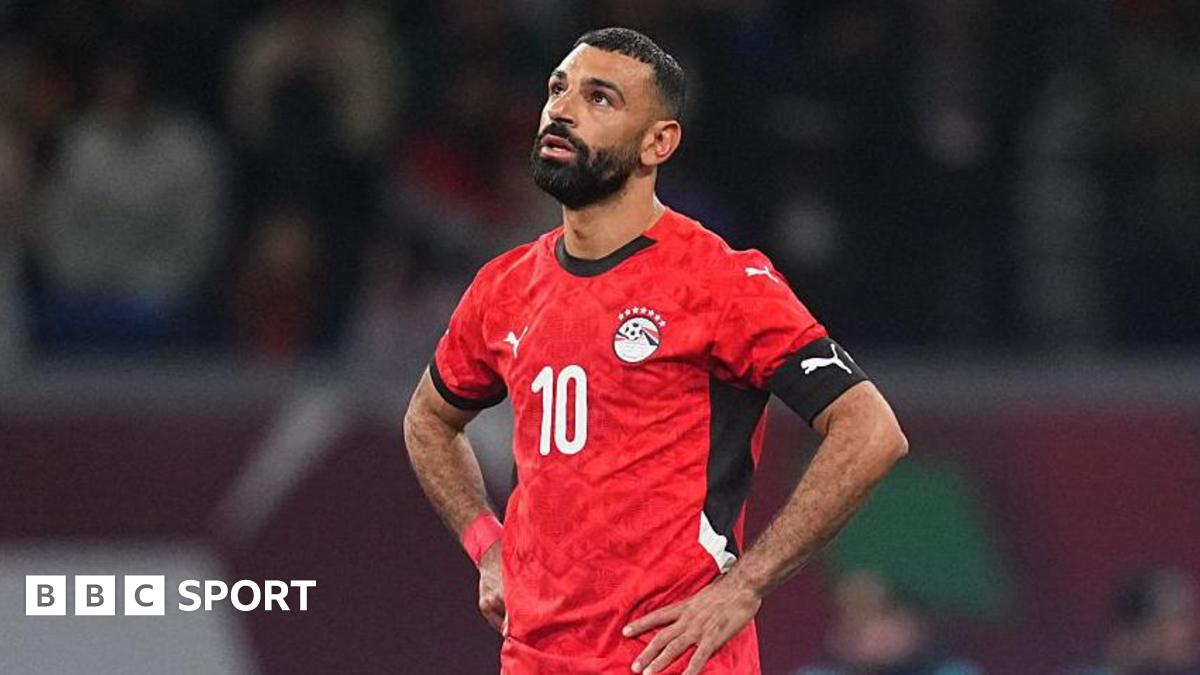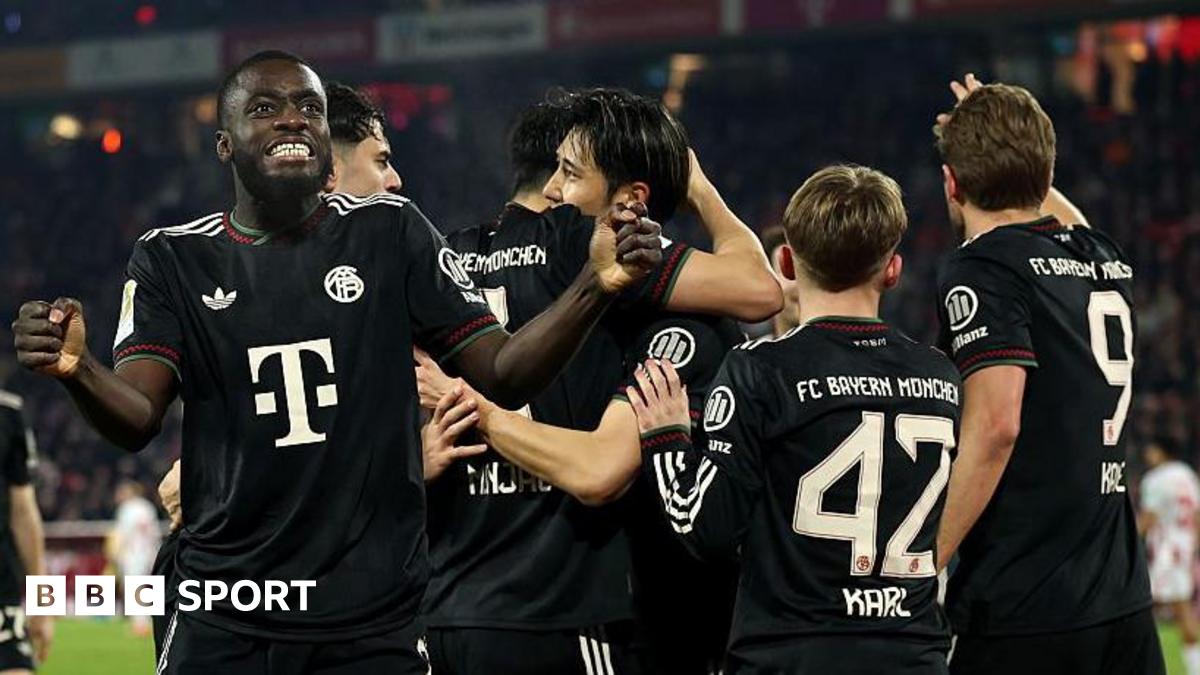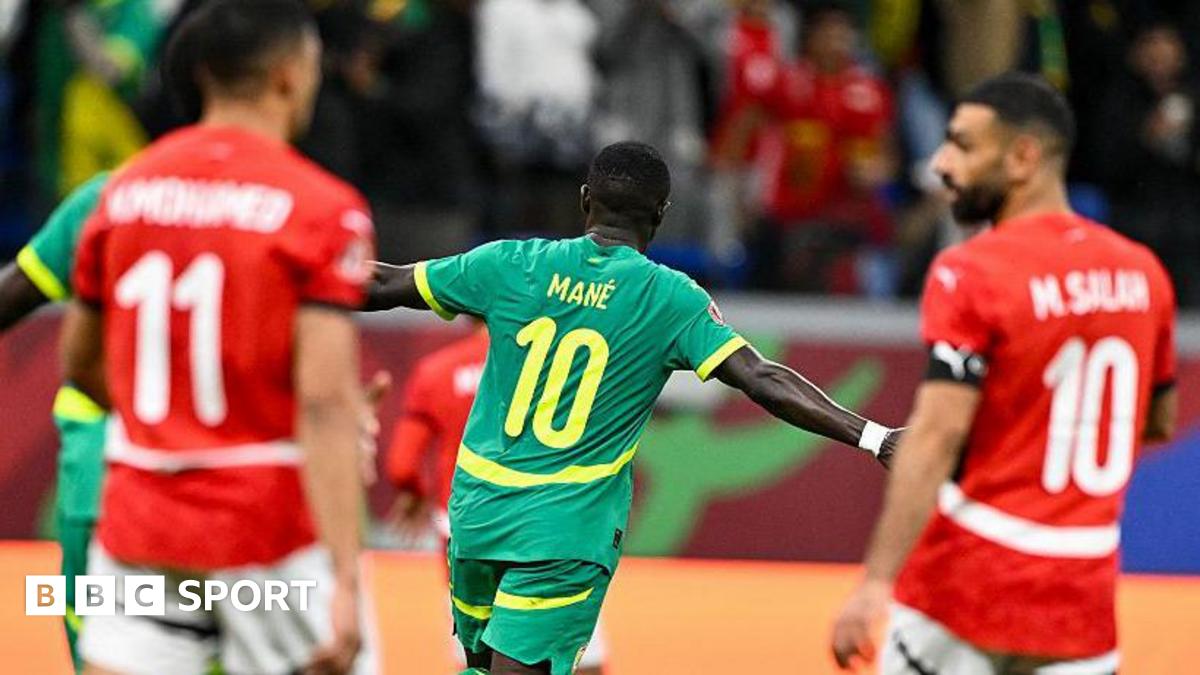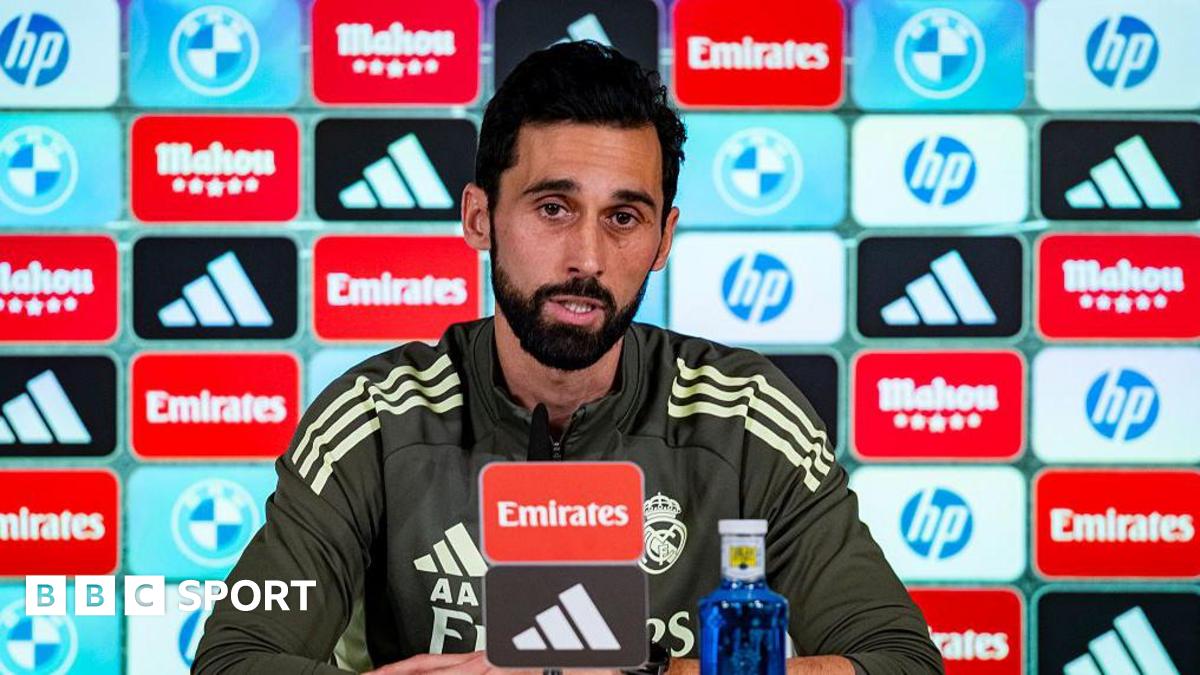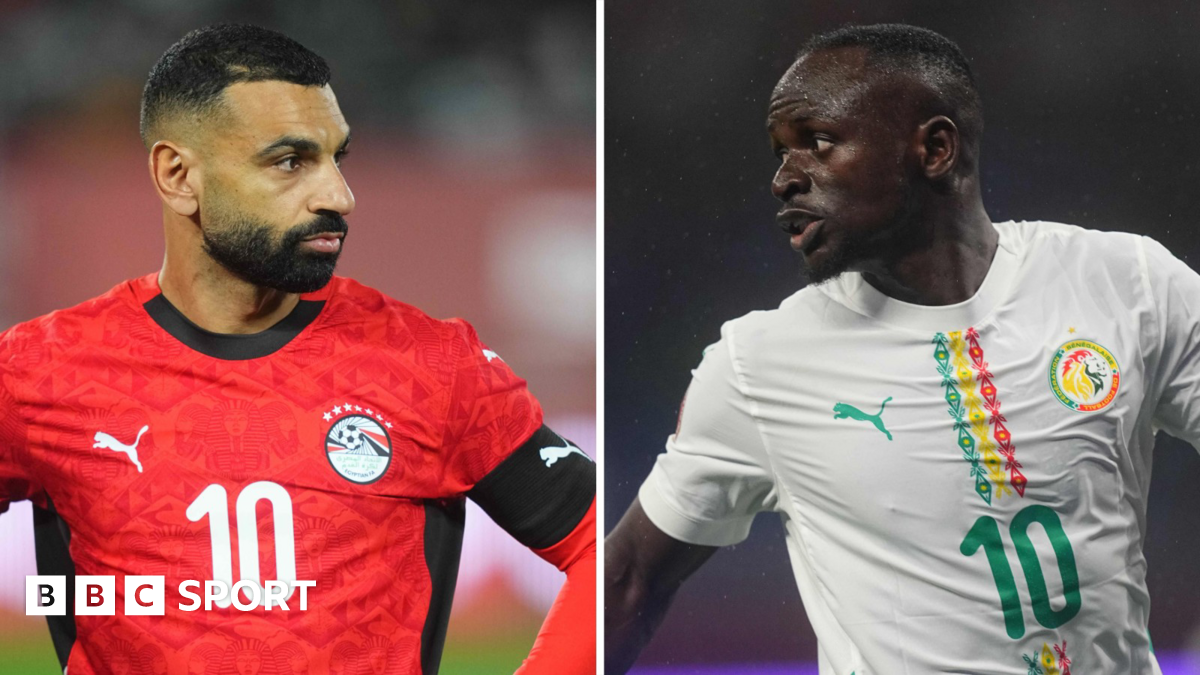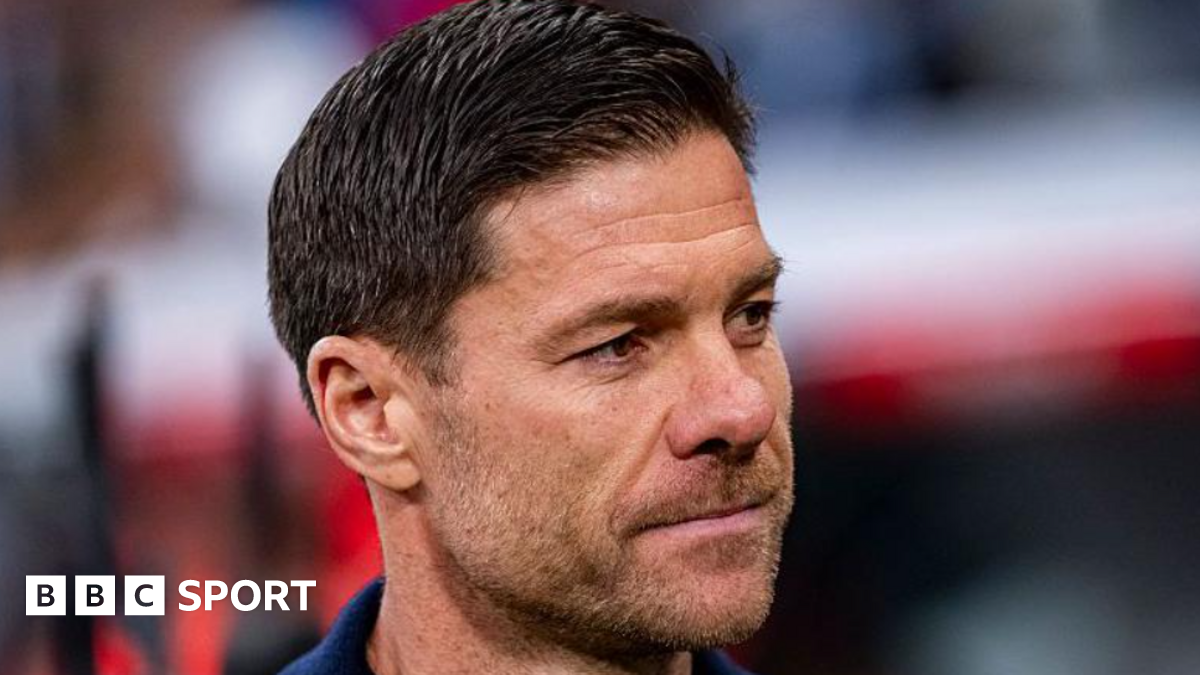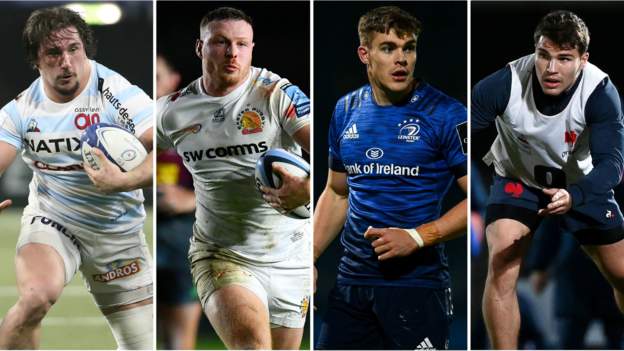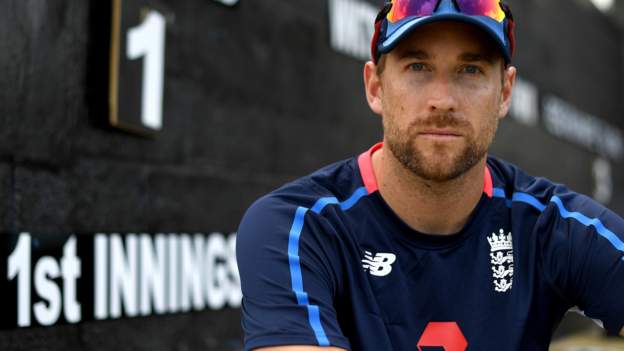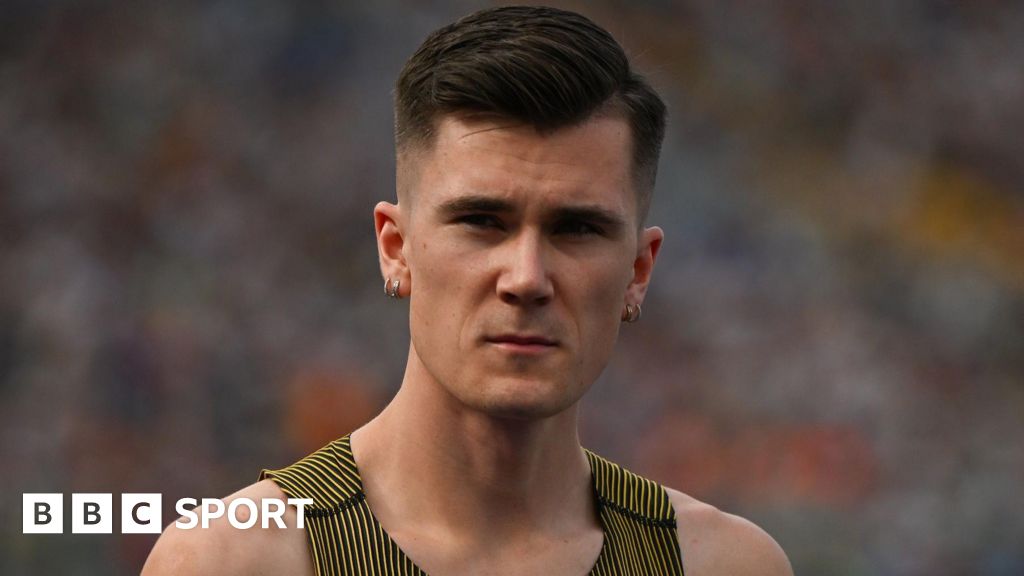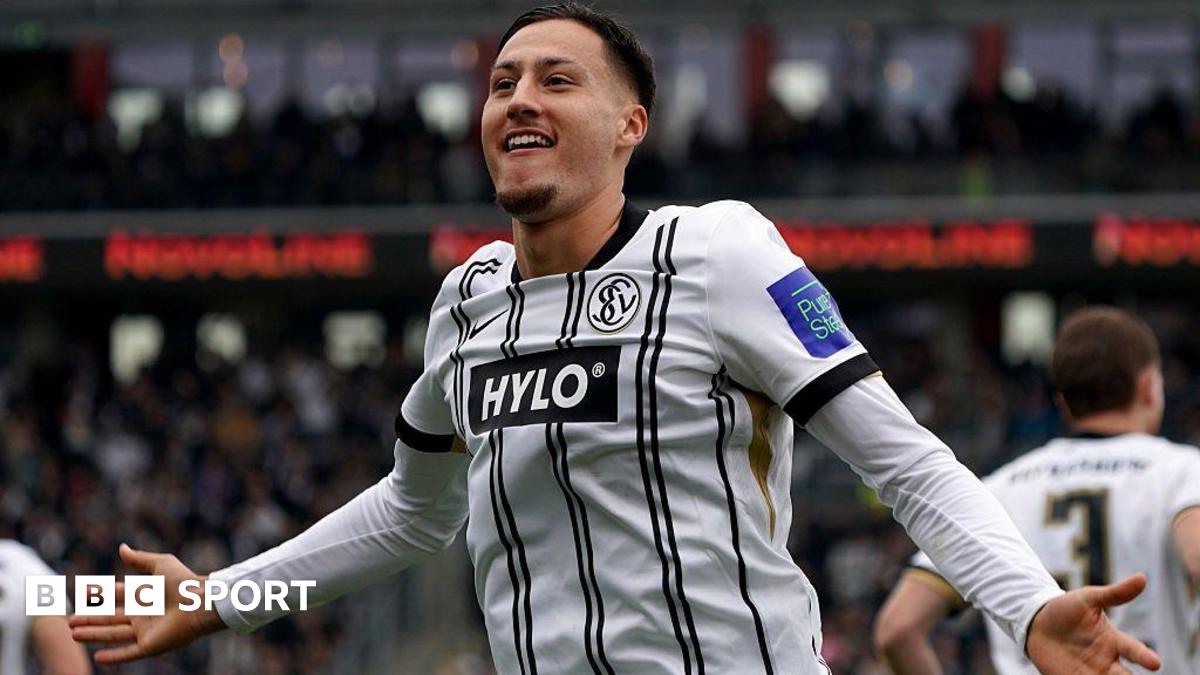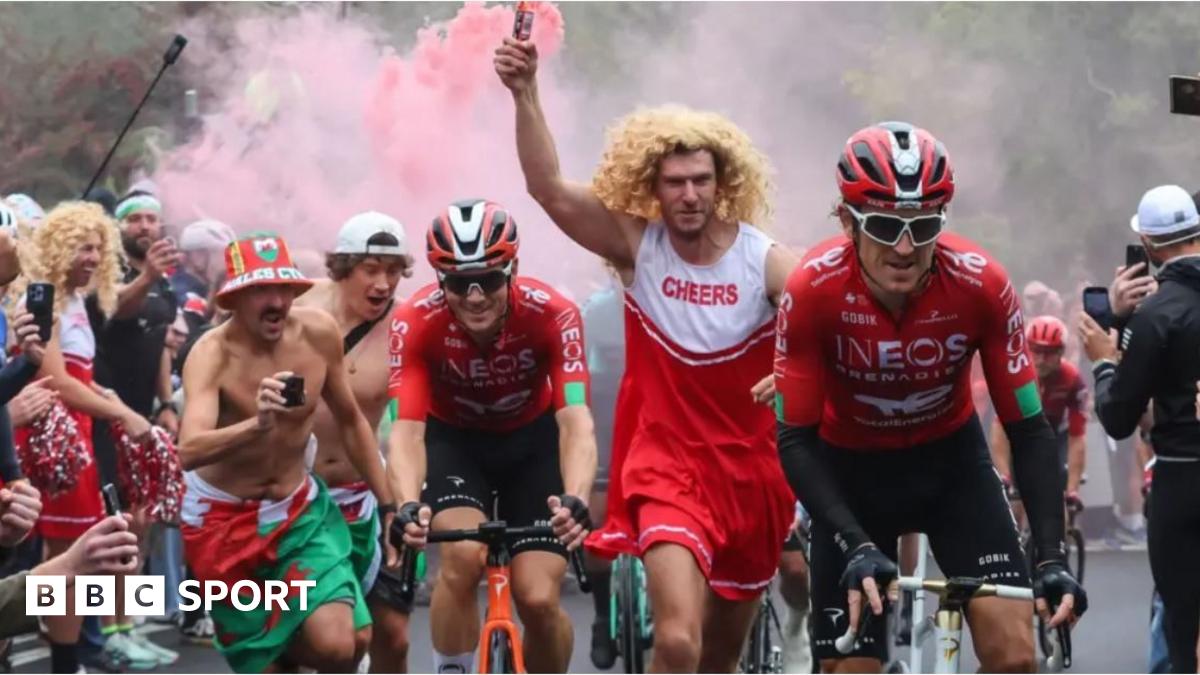Exeter have not had long to admire the European Champions Cup.
Less than two months ago, victory over Racing 92 meant Europe’s premier piece of silverware went to south Devon rather than central Paris.
Now, the title is back on the line as this weekend, the 2020-21 Champions Cup begins.
It looks a little different to usual though.
There are four more teams, three fewer pools and, ominously, four tiers in a super-charged, ultra-complex Covid-era format.
Here, with some help from La Rochelle’s director of rugby Jono Gibbes, BBC Sport explains all.
The format
The Champions Cup this year features two 12-team pools.
However, not every team plays every other team in those pools.
Instead, the teams are placed in tiers based on their domestic league position last season.
The top two in each of the Premiership, Pro14 and France’s Top 14 – Exeter and Wasps in England for example – are in Tier One.
The next two in each league – Bristol and Bath in the Premiership for instance – are in Tier Two. And so on.
| Tier One | Bordeaux-Begles, Leinster, Wasps |
| Tier Two | Bath, Edinburgh, Toulon, |
| Tier Three | La Rochelle, Sale, Scarlets, |
| Tier Four | Dragons, Montpellier, Northampton |
| Tier One | Exeter, Lyon, Ulster |
| Tier Two | Bristol, Munster, Racing 92 |
| Tier Three | Clermont, Connacht, Harlequins |
| Tier Four | Glasgow, Gloucester, Toulouse |
Each club’s pool-stage fixture list is made up of four matches, home and away against two other teams.
Their opposition depends on their tier and nationality.
Tier One clubs will play the two Tier Four clubs who are in their pool, but not if they are in the same domestic league.
For example, in Pool A, Leinster will take on French side Montpellier and Premiership side Northampton in their four fixtures.
Tier Two and Tier Three teams face off in a similar way.
For example, in Pool B, Pro 14 side Connacht, who are in Tier Three, will play matches against Bristol and Racing 92 in Tier Two.
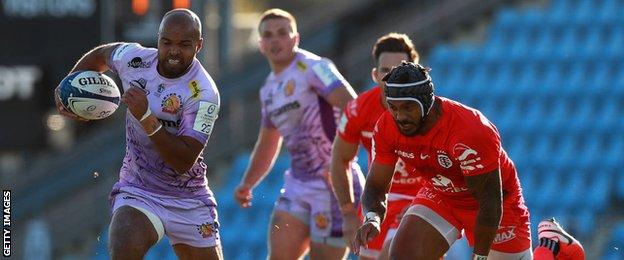
When all matches are complete, the top four teams from each pool will go on to contest the quarter-finals.
The teams placed fifth to eighth in each pool will drop into the European Challenge Cup. The rest will be left to concentrate on domestic matters.
The tier system has not prevented some superpowers rubbing up against one another early on in the competition.
Clermont Auvergne, who have reached three finals in the past decade, will take on Munster, unbeaten in the Pro 14 so far this season.
In the most eagerly anticipated tie of the pool stages, defending champions Exeter will take on free-running French powerhouses Toulouse in a repeat of last year’s semi-final.
The contenders
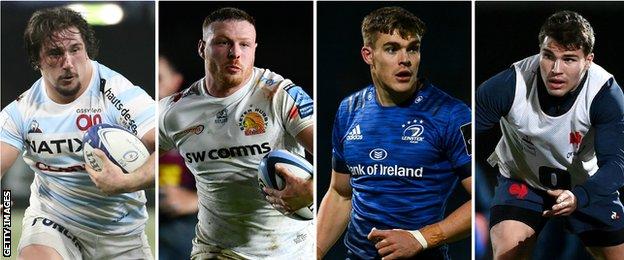
Saracens, relegated from England’s top flight for breaching the division’s salary cap, are out of the tournament for at least two years.
Fellow three-time champions Toulon are not the force they once were.
So could we have another new champion to follow Exeter’s maiden success last season? Or will a member of the old guard pull rank?
Here is a run-through of four of the main contenders.
Leinster
Four-time winners and reigning Pro 14 champions, the Irish province are perennial challengers for the title.
Player to watch: Garry Ringrose – the Ireland centre scored six tries in the competition last season and is canny locator of space
Exeter
The Premiership side had not been beyond the last eight before last season’s run to lift the trophy. They have started this season in the same excellent form.
Player to watch: Sam Simmonds – a rapid number eight, Simmonds has scored six tries in Exeter’s first three Premiership games.
Racing 92
Three-time losing finalists, the Paris side are a potent mix of forward power and backline finesse.
Player to watch: Camille Chat – a bull-necked hooker who is a powerful presence in the loose.
Toulouse
European royalty with four previous titles and an exciting young side that lives up to the club’s reputation for flair.
Player to watch: Antoine Dupont – possibly the best scrum-half in the world, the France nine combines silver-service passing with sniping runs around the fringe.
The coach’s view – Jono Gibbes
La Rochelle might just upset that quartet.
Under the guidance of former Leinster, Clermont and Ulster coach Jono Gibbes, they are top of the Top 14 following wins over Racing, Clermont and Toulon.
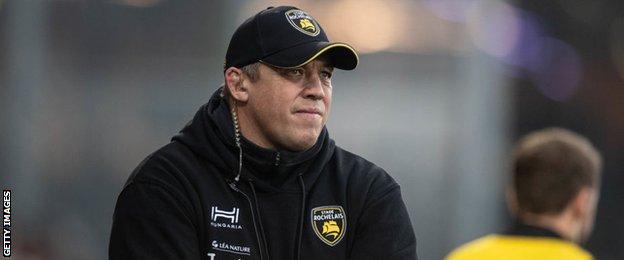
Gibbes, who won eight caps for the All Blacks during his playing career, spoke to BBC Sport about some of the themes behind the 2020-21 tournament.
It’s more than five years since the last French side won the Champions Cup, as long a wait as we have had between Top 14 successes. How strong will the French challenge be this year?
There is a positivity in France with the way the rugby is being played and Sunday’s performance [by a second-string France in sudden-death defeat by England] is a credit to [head coach] Fabien Galthie and his staff. They did themselves really proud
Historically Racing, Toulouse and Clermont have been really competitive. For other clubs, Top 14 form and the context of their season determines their ambitions.
There are two teams relegated potentially and you can easily find yourself in the wrong end of the table. You need to manage that as best you can.
The difficulty of the Top 14 dictates how you use your resources – players’ energy, mental energy, fatigue. Sometimes you need to make a choice between games.
How will the different format affect teams’ approaches?
For us it is an opportunity. The shorter competition, the different format, it gives it a fresh feel and we will be going at it as hard as we possibly can in each match.
We are building good depth to our squad, exposing young guys in our training environment earlier, and we hope to be in a position to play every single game to win.
Who are the players to look for in your team?
Our number eight Gregory Alldritt has done really well in his short international career and, even at a young age, he is really important to our environment as a leader and with his level of play.
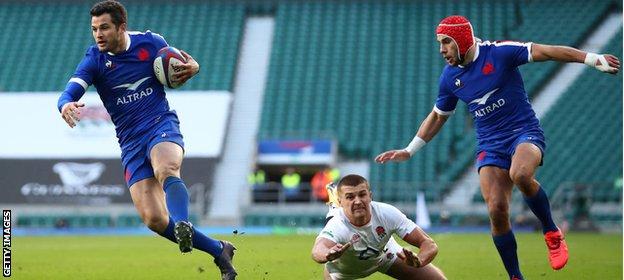
Fijian centre Levani Botia is still a hugely influential guy for us. Dillyn Leyds has joined this season from the Stormers and Springboks and has a lot of quality. You saw the ball-in-air work from our full-back Brice Dulin on Sunday against England.
Our strength is that we play as a team though. We try to use everyone and put people in the right space.
What do you make of the criticism that the game has become too tactically conservative?
Everything is a balance. They wanted to even up the contest at the breakdown to protect poachers. That has consequences. Is it safe to have the ball in your half at the moment? What are the referees rewarding?
If there are 14 guys in a wall, then the space isn’t with the ball in hand – it is behind. You might want to put the opposition into the corner and attack without the possession instead.
I get the criticism but you have to manage the refereeing and the opposition as best you can.


